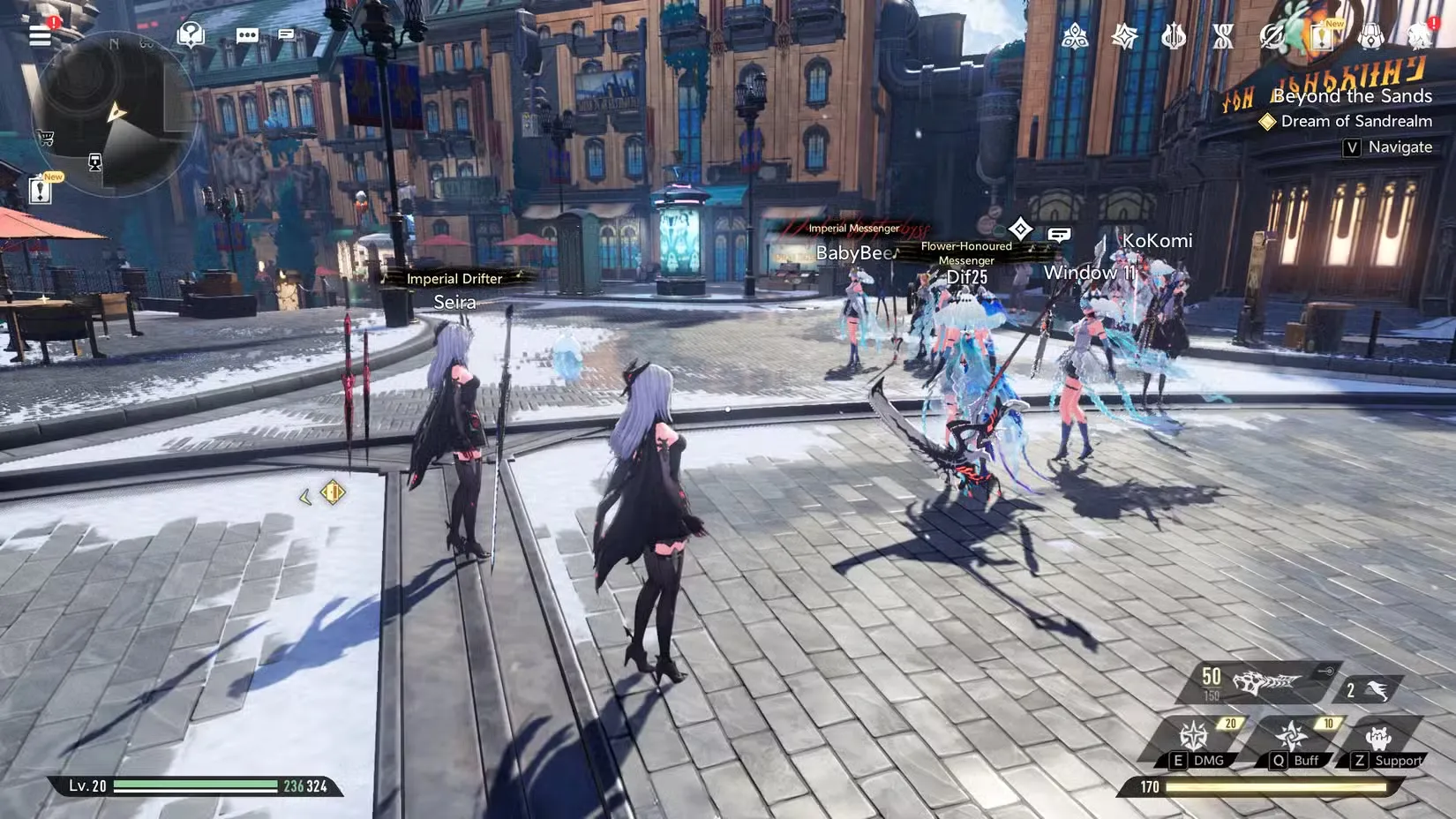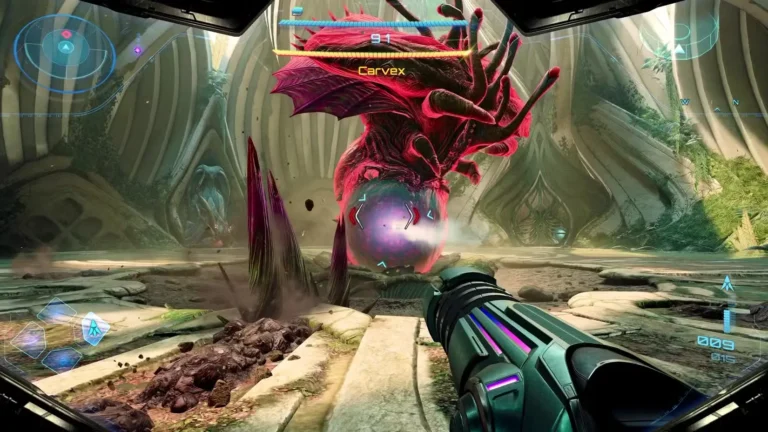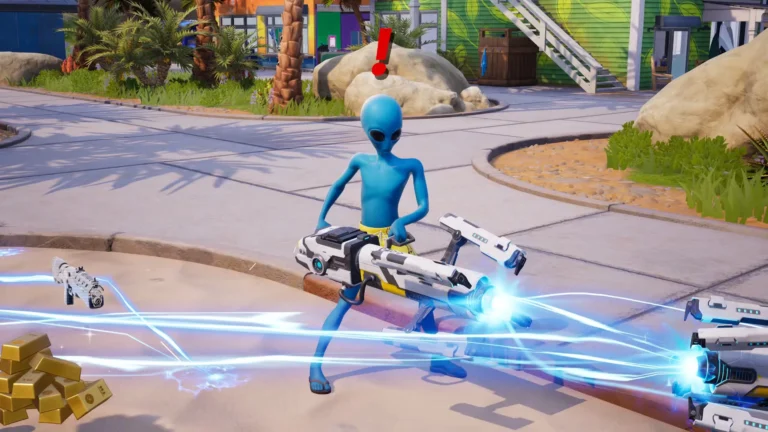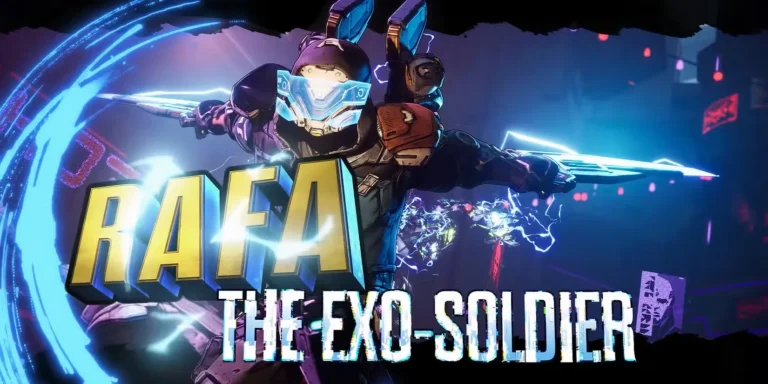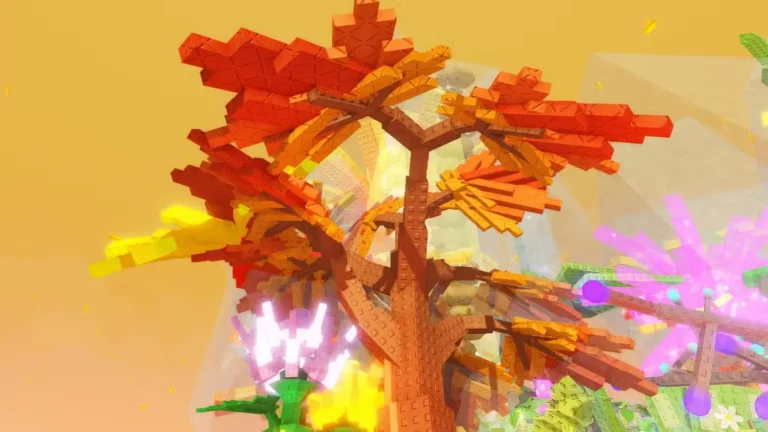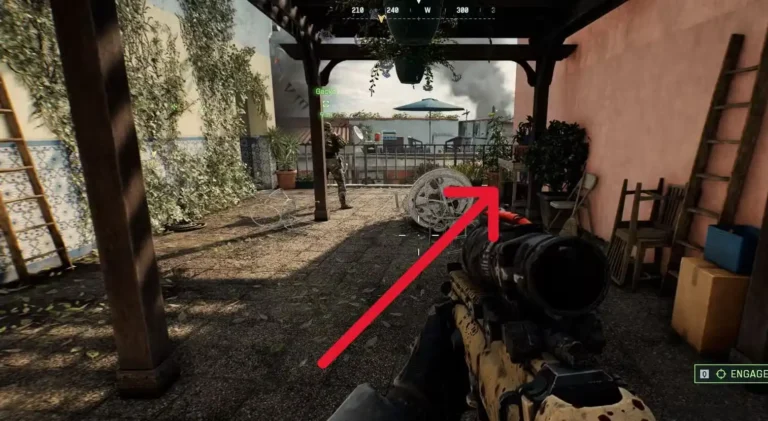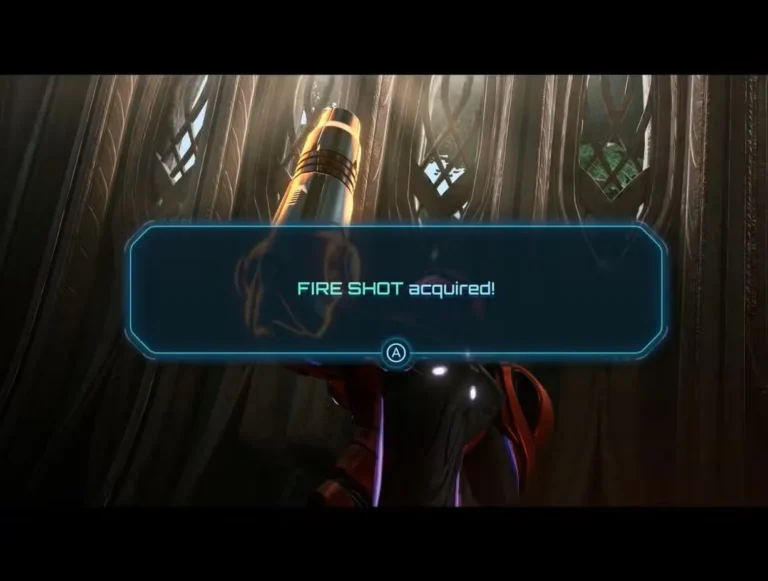Can You Play Duet Night Abyss With Friends?
If you’ve been diving into Duet Night Abyss solo and wondering when you can finally drag your friends into the action, I’ve got good news. The game absolutely supports cooperative multiplayer—but there’s a catch. You’ll need to put in some hours before the feature unlocks.
Unlike many modern games that throw you into multiplayer from the start, DNA takes a more traditional RPG approach. You’ll need to prove yourself as a Phoxhunter first, completing story missions and reaching specific milestones before the game trusts you with the friend system.
Here’s what you need to know upfront:
- Yes, co-op exists in Duet Night Abyss, but it’s primarily focused on battle commissions
- You can’t just jump in immediately—there’s a mandatory story quest you must complete
- Certain areas function as social hubs where you’ll spot other players running around
- The multiplayer experience feels alive thanks to these shared spaces, even when you’re not actively teaming up
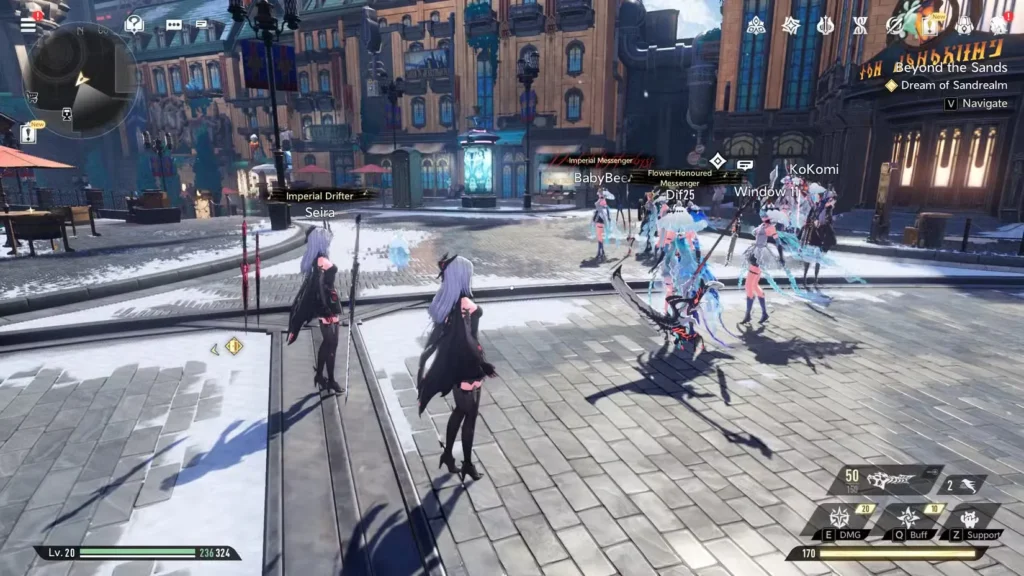
What You Can (and Can’t) Do in Co-op Mode
Let’s set realistic expectations here. DNA’s co-op isn’t a full-blown “play the entire game together” experience. Right now, multiplayer is specifically designed for commission battles—those repeatable combat challenges that reward you with resources and progression materials.
That said, the game does feature co-op designated areas scattered throughout the world. These function similarly to MMO town squares where you’ll see other Phoxhunters going about their business. It adds atmosphere and makes the world feel less lonely, even if you’re not actively grouping up.
My take? While the limited scope might disappoint players hoping for a full campaign co-op experience, it makes sense for this type of game. Commission battles are where you’ll be grinding for materials anyway, so having friends to tackle them with keeps the repetition fresh.
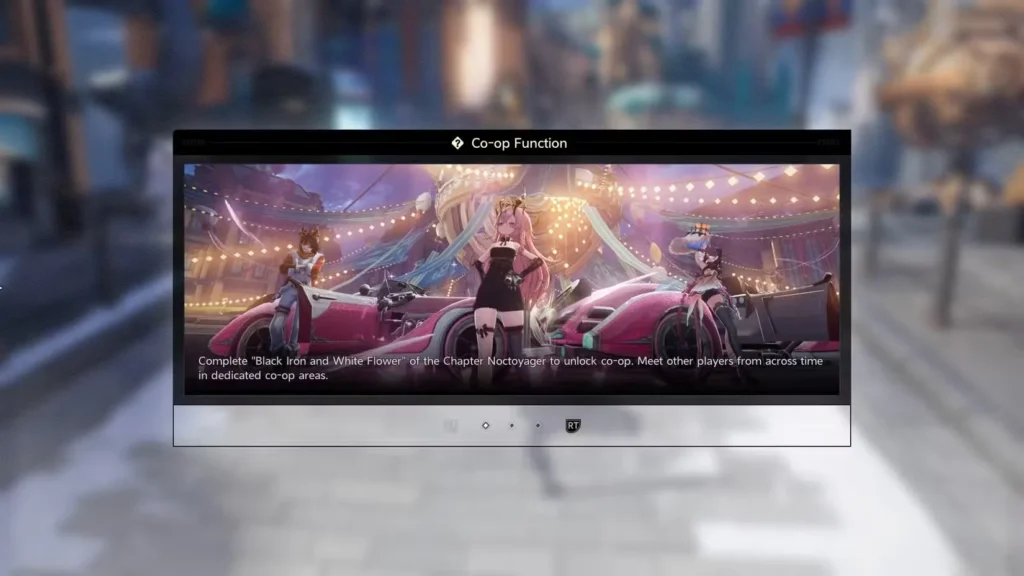
Unlocking Multiplayer: The Black Iron And White Flower Quest
Here’s where things get specific. To access any friend or co-op features in DNA, you absolutely must complete a main story quest called “Black Iron And White Flower.”
This isn’t some quick tutorial mission you’ll breeze through in your first session. There are actual prerequisites:
What you need before starting:
- Trial Rank 19 (you’ll need to level up through regular gameplay)
- “In the Depths of Winter” mission completed
- “Dedicated Chef” mission finished
The Black Iron And White Flower quest centers around Psyche, one of the key characters in DNA’s narrative. It’s essentially a story climax for that character arc, which is probably why the developers chose it as the multiplayer unlock point—they want you invested in the world before you start farming commissions with friends.
Pro tip: Don’t rush through just to unlock co-op. The side quests leading up to this mission often reward useful materials and provide important world-building. You’ll appreciate the context when story beats pay off later.
How To Actually Add Friends in DNA
Once you’ve cleared that quest barrier, adding friends is straightforward but requires a few specific steps. The game uses a UID (Unique Identifier) system rather than traditional usernames.
Step-by-step friend adding process:
- Confirm the friend feature is unlocked by checking your menu after completing Black Iron And White Flower
- Make absolutely sure you’re on the same server—this trips people up constantly. Cross-server play isn’t supported
- Locate your UID by opening the menu (top-left corner) and looking under your Phoxhunter’s profile name
- Copy the UID using the built-in button or write it down manually
- Send that UID to your friend through Discord, text, whatever works
- Wait for the friend request, then accept it via Menu > Friends > Friend Requests
One frustration I’ve seen players mention: There’s no in-game search by username, so you’re entirely dependent on sharing these numerical UIDs. It’s not elegant, but it works. Just keep a note of your regular co-op partners’ IDs for easy reference.
Before you invite anyone, you might want to check out some DNA codes for extra resources to gear up properly. Nothing worse than jumping into co-op unprepared and getting carried by your better-equipped friends.
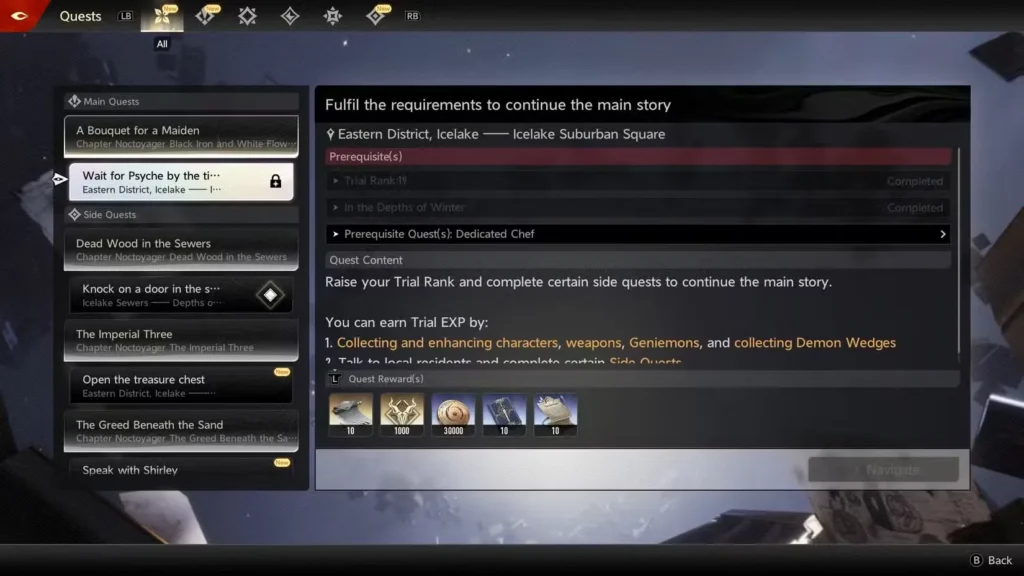
Bonus Features That Unlock Alongside Co-op
Here’s something the game doesn’t advertise clearly: completing Black Iron And White Flower doesn’t just unlock friends and multiplayer. You also gain access to several other endgame systems that significantly expand what you can do in DNA.
Mystic Maze
This is essentially a combat arena with rotating challenges. Think of it as a roguelike dungeon where you’ll earn valuable rewards:
- Secret Letter Clues (for character progression)
- Thread of Time (premium currency alternative)
- Coins and Carmine Globules (enhancement materials)
The Mystic Maze is actually perfect for testing out co-op strategies since battles can get genuinely challenging in higher tiers.
Ripples of Talk
This is DNA’s version of a social/dating sim feature. You can spend quality time with companions (yes, including romanceable characters), deepening your bond and unlocking additional story content. Rewards include more Secret Letter Clues, so it’s not purely cosmetic fluff.
Why this matters: These systems all feed into each other. Co-op helps you farm Mystic Maze efficiently, which gets you materials to strengthen characters, which makes Ripples of Talk encounters more meaningful when those characters are actually powerful in combat.
Is DNA’s Co-op Worth The Wait?
Look, I’ll be honest—having multiplayer locked behind 15-20 hours of gameplay isn’t ideal if you specifically bought DNA to play with friends from day one. The progression gate can feel arbitrary, especially when similar games offer co-op immediately.
But here’s the flip side: By the time you unlock it, you actually understand the game’s systems. You know which characters work well together, what commissions are worth farming, and how to build effective team compositions. Jumping into co-op with that knowledge makes for a much better experience than fumbling through tutorials together.
Plus, the social areas where you can see other players add a nice MMO-lite feeling to the world. Even solo players benefit from that “shared universe” atmosphere.
Bottom line: If you’re playing DNA primarily for co-op content, adjust your expectations. This is a story-driven action RPG that happens to have multiplayer features, not a co-op-first experience. But if you’re here for the narrative and combat, with multiplayer as a fun bonus? You’ll probably be satisfied.
Quick Reference: Co-op Checklist
Before asking “why can’t I play with my friend yet?” run through this checklist:
- ✅ Reached Trial Rank 19
- ✅ Completed “In the Depths of Winter” quest
- ✅ Finished “Dedicated Chef” mission
- ✅ Beat “Black Iron And White Flower” story quest
- ✅ Both players on the same server
- ✅ Friend codes (UIDs) exchanged and requests accepted
If all boxes are checked and it’s still not working, double-check that server selection. That’s the most common culprit.
For more details on game mechanics and updates, check out the official Steam page or the DNA Wiki for community-compiled information.
Final thoughts? Duet Night Abyss handles co-op in a way that prioritizes story experience over immediate multiplayer access. Whether that’s the right call depends on what you’re looking for, but at least now you know exactly what to expect and how to get there.
